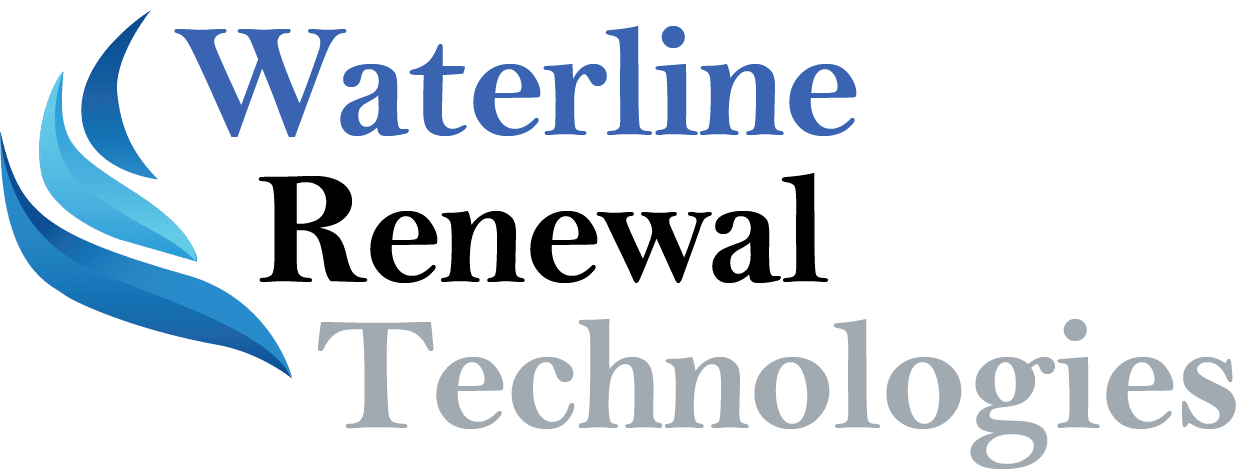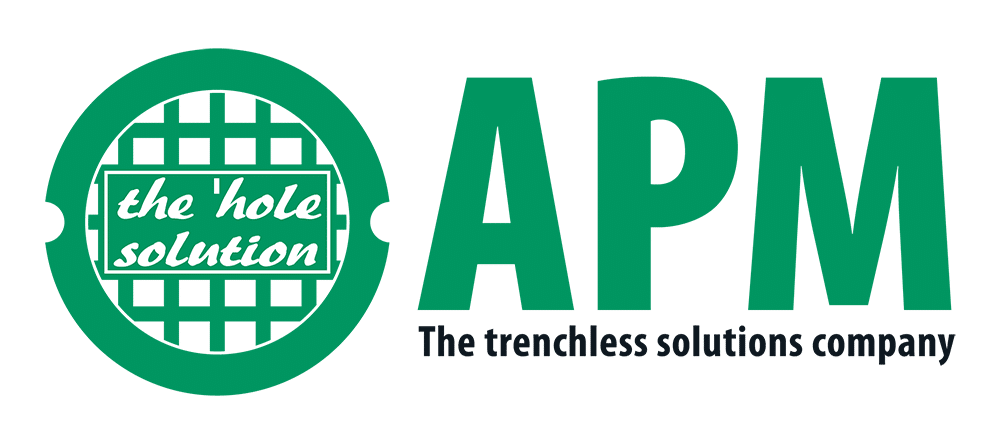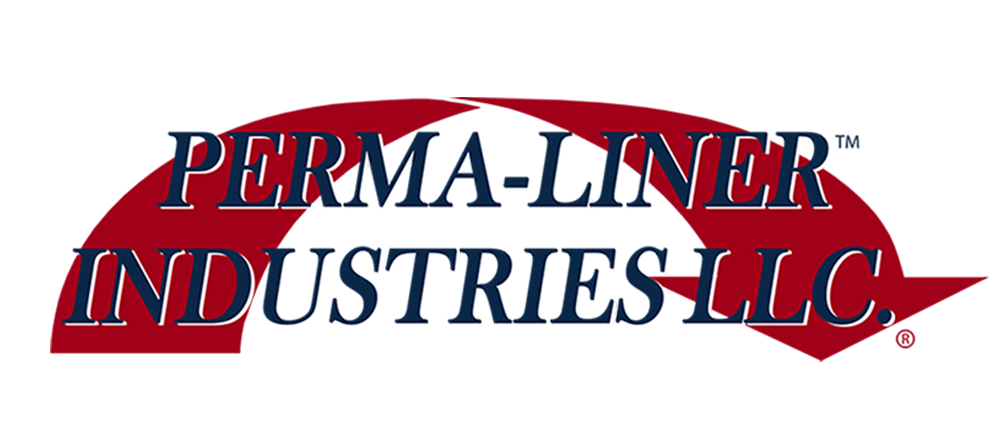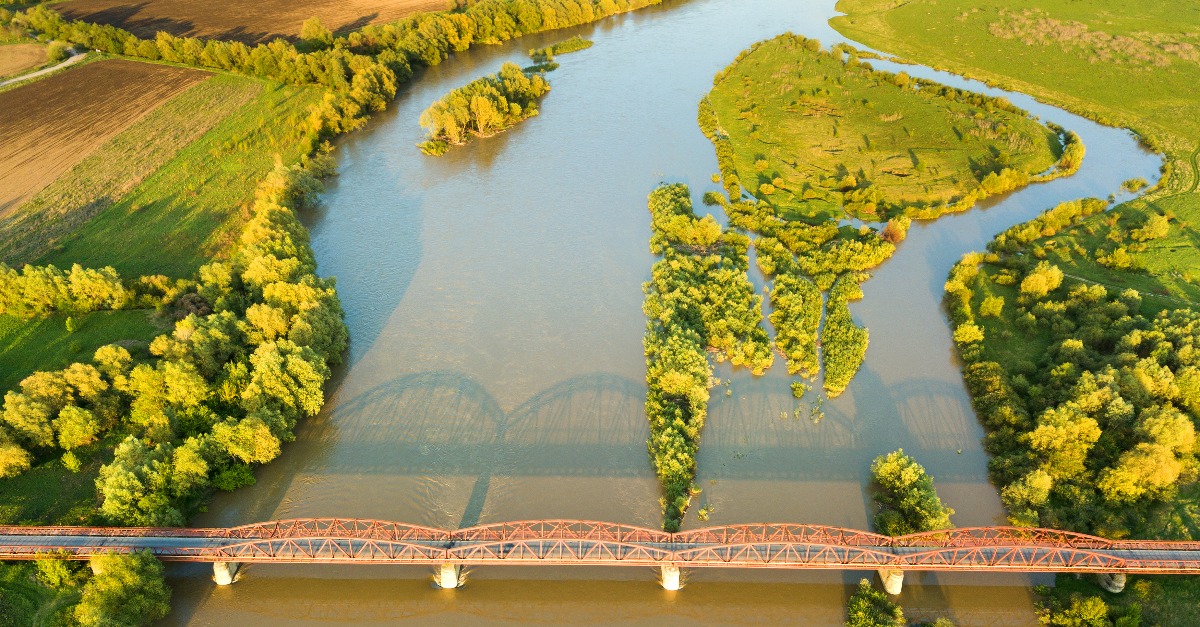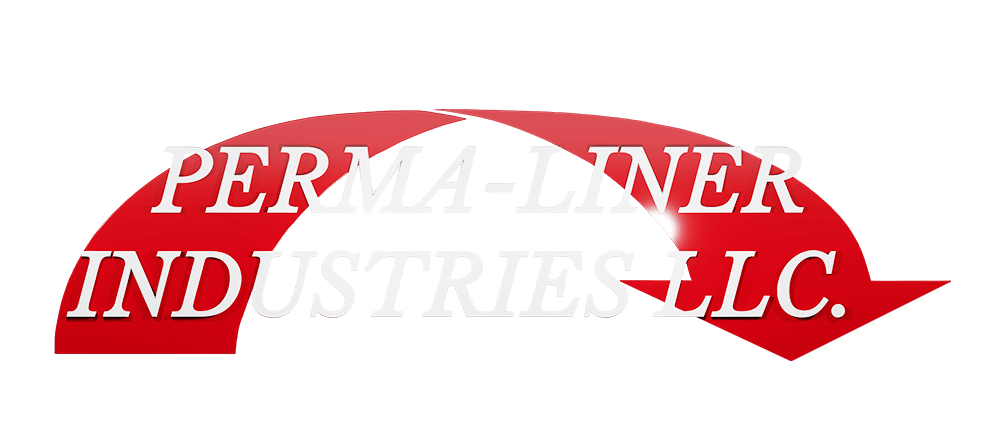Officially, 2018 became the wettest year on record for the city of Pittsburgh reaching more than 57 inches of rain. This region typically sees around 38 inches of rain per year so when it almost doubled in 2018, problems started to arise within the City’s sewer system.
Heavy rains led to streams overflowing, roads flooding, landslides and basements backing up with rising water and raw sewage. Many issues occurred as a result of the storms and it was clear that stormwater management needs to be a public health and safety issue.
The City’s combined sewer system, treatment facilities and roads are old and they don’t have the capacity to handle an intense amount of rain that was experienced in 2018. These rains overflow the combined sewer system and carry raw sewage into rivers, which, in turn, impact the water quality in Pittsburgh and the surrounding areas.
The problem is serious enough that the U.S. Environmental Protection Agency (EPA), the Pennsylvania Department of Environmental Protection (DEP), Allegheny County, Allegheny County Sanitary Authority (ALCOSAN), the City of Pittsburgh, Pittsburgh Water and Sewer Authority (PWSA) and municipalities in the region have adopted stricter environmental regulations to reduce combined-sewer overflows, manage localized stormwater impacts and address regional stream and river water quality.
Fixing this problem requires an approach from the government and the public. Here’s what PWSA is doing to affordably address these threats to safety, public health, and the environment:
- Stop as much water as possible before it goes into sewers. PWSA’s Green First Plan provides a comprehensive approach to manage stormwater. It identifies projects to control stormwater before it flows into our sewers, thus reducing sewer overflows, street flooding, and basement sewer backups. This Green First plan may reduce the need for additional citywide “gray” infrastructure projects.
- Take responsibility for Pittsburgh’s stormwater duties.
- Prioritize investments.
- Engage community partners.
- Strengthen the bigger system.
Pittsburgh’s existing infrastructure presents challenging problems. Managing stormwater is a tremendous undertaking and residents can do their part to help.
